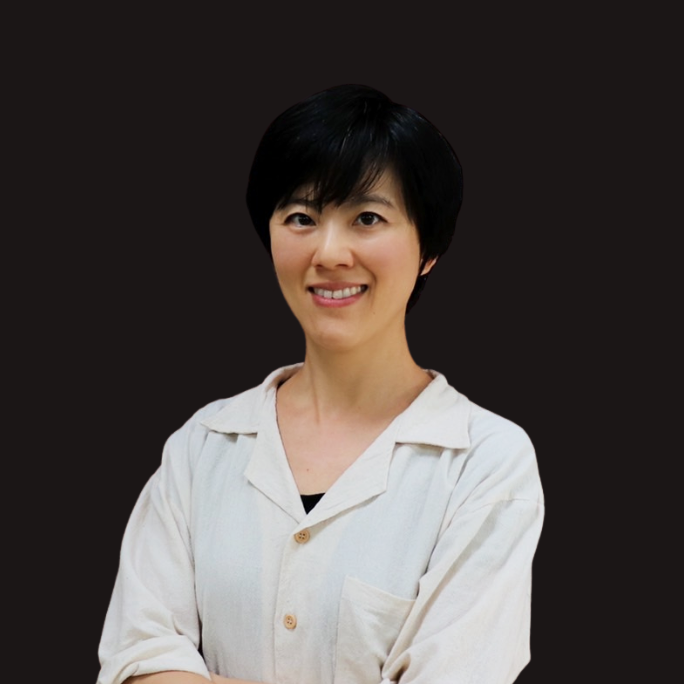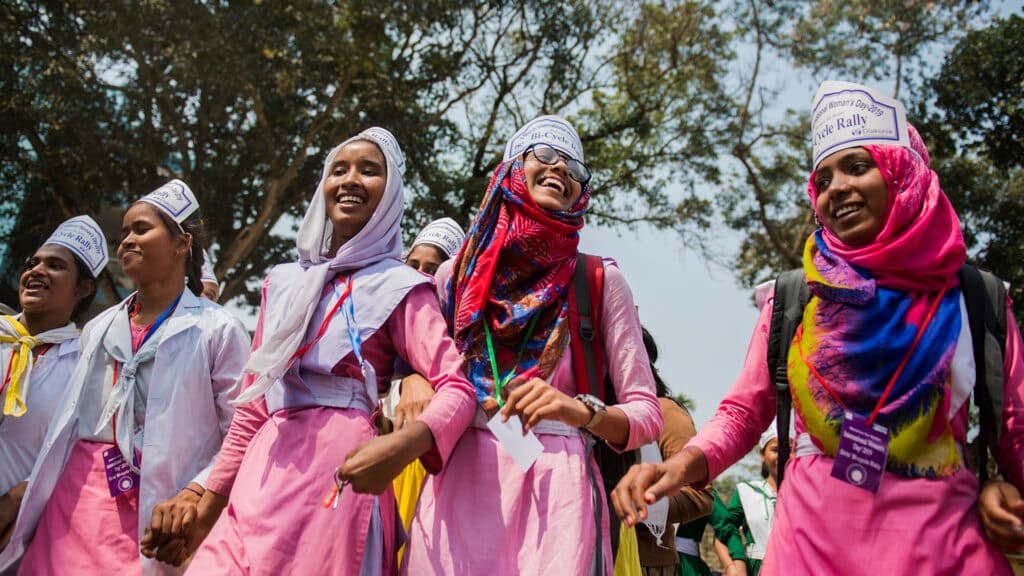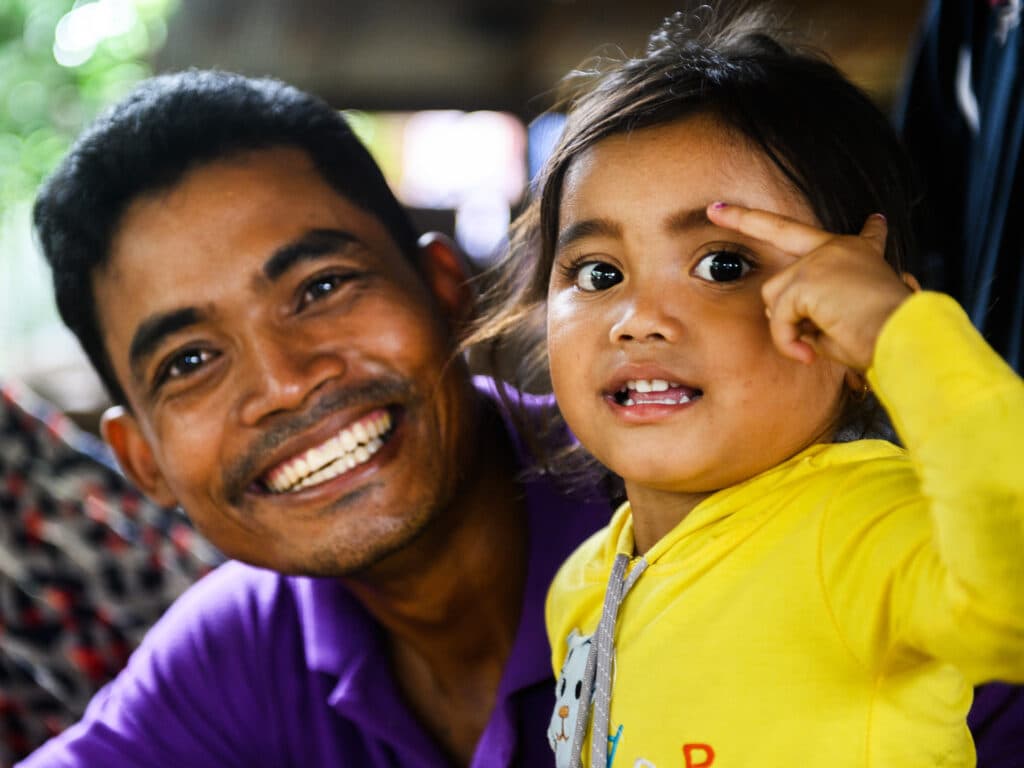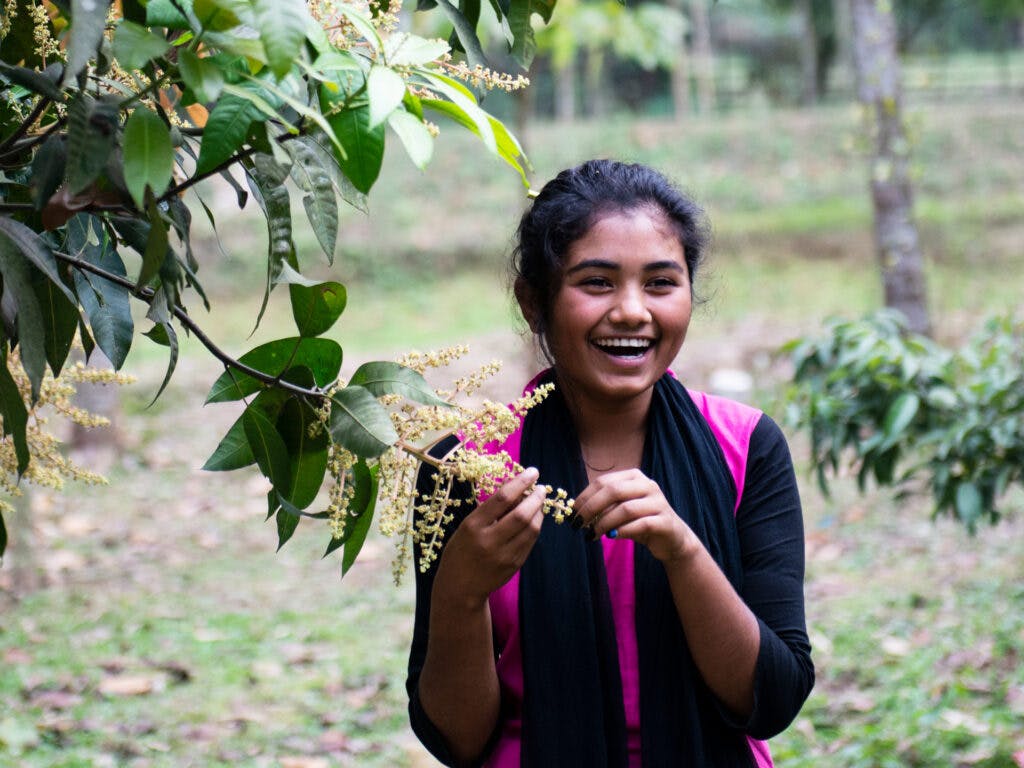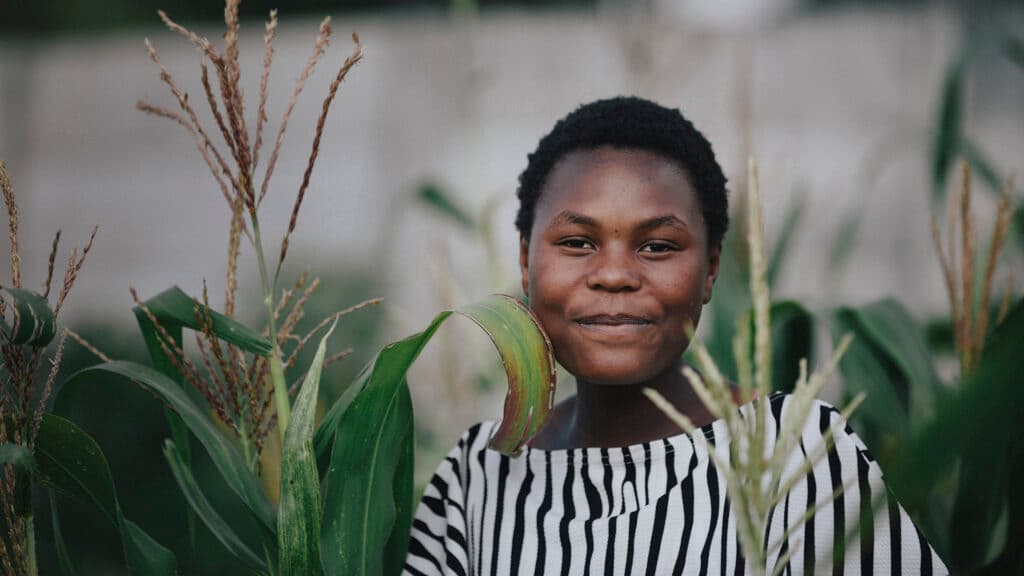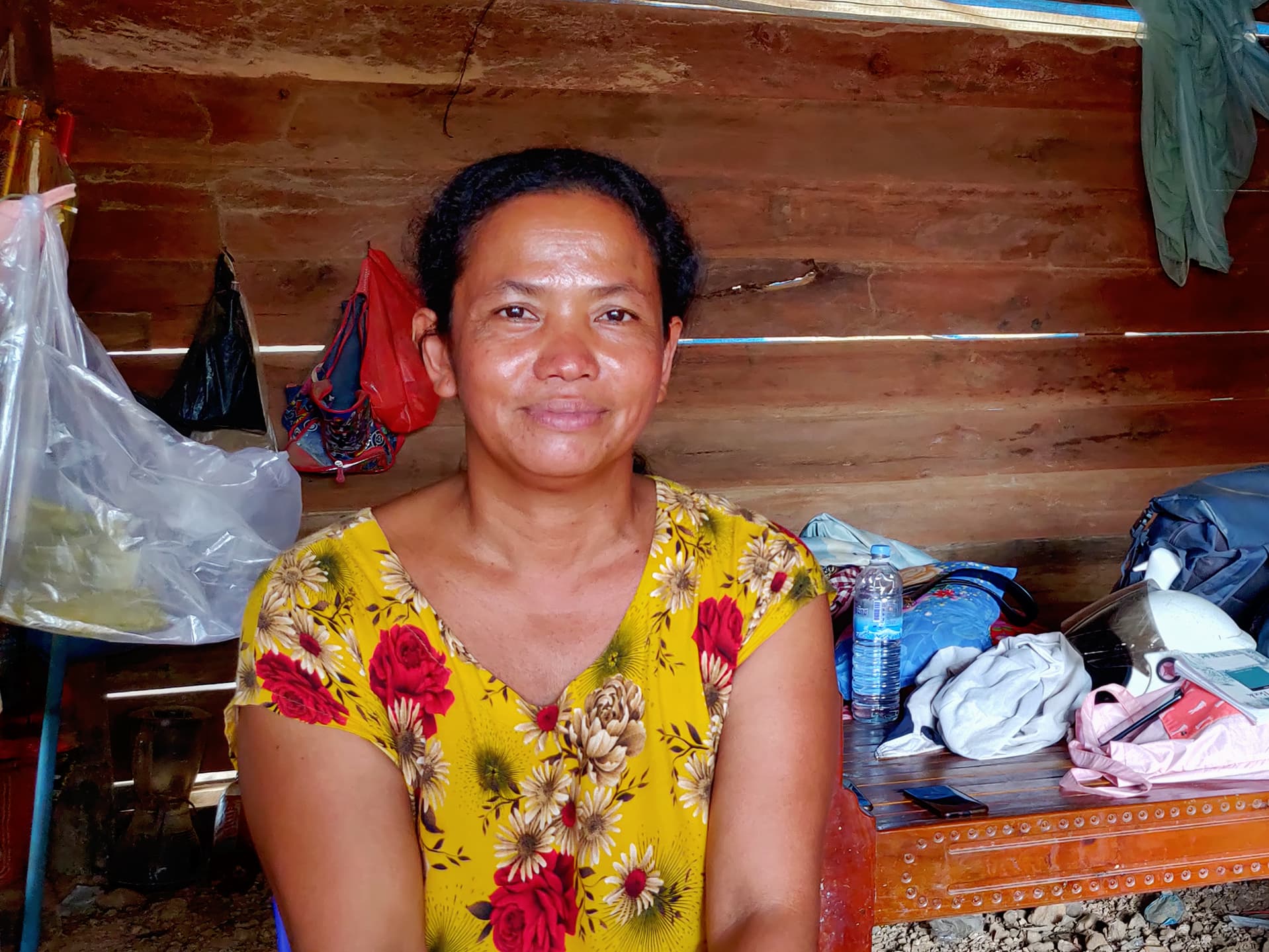
Woman Leads to Secure Land Rights
Despite the severe challenges, Chim Sophat is leading the fight for land justice.
Chim Sophat is a widowed single mother with two children from Kratie province, Cambodia. She lives in a small house in Pramar village, surrounded by large rubber orchards. Her primary income comes from day-to-day work for the rubber company, earning around USD 120 a month. However, this income is unstable since it depends on available work when the company needs workers to harvest and collect liquid rubber. No other jobs are available in her village.
Like many other villages in Cambodia, Pramar is also one of the areas with a complex history of land rights and ownership, which has been a contentious issue for decades. Many of these disputes result from large-scale land grabs by companies and wealthy individuals, which has led to the displacement of poor and marginalized communities. According to Cambodian League for the Promotion and Defense of Human Rights (LICADHO), over 2.1 million hectares of land have been granted to industrial agriculture firms or foreign investors. In the last two years, land grabbing has affected more than 5,000 families and showing no signs of slowing down during the Covid-19 pandemic.
The impact of land concessions is significant in Cambodian society, where 80% of the population lives in rural areas and relies heavily on agriculture for their livelihood. For subsistence farmers, losing land means losing their means of survival. They become landless and poor, with limited options of working in factories, seasonally on other farms or migrating to neighbouring countries like Thailand in search of work.
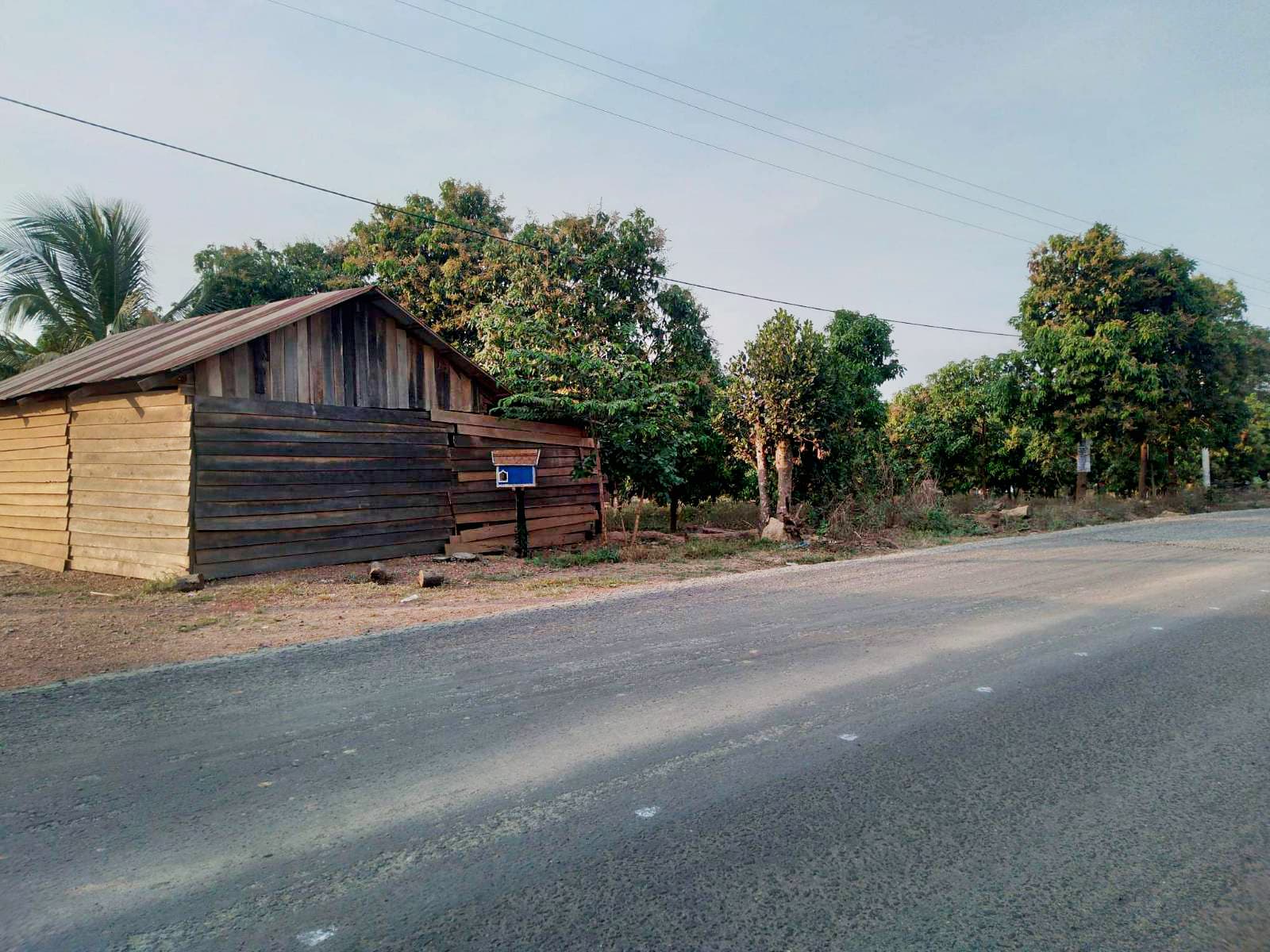
A legacy to continue
Sophat's situation is not an exception. She not only faces desperate living conditions due to a prolonged land conflict but also the pressure of indebtedness from the microfinance loan she and her husband took to build a house before his passing. Despite these challenges, she has decided to continue her husband's legacy by actively participating as a community committee member fighting for land justice.
"After my husband passed away, I have continued his role as one of the community committee members. Most community people trusted me, so they elected me as a community leader to lead and facilitate advocacy work for our land rights. I am happy with my leadership role. I devote my time, skills, and passion to helping my community even though I have huge problems with my own living conditions", said Sophat.
She attended the training facilitated by Diakonia partner, Coalition of Cambodian Farmer Community (CCFC), where she learned skills, including negotiation techniques, leadership, how to mobilize members in the community and knowledge about the land law, which she can use in her struggle for land rights.
"I am more confident to lead my community, and my knowledge has improved gradually since joining the project with CCFC. I participated in several trainings, workshops and meetings organized by CCFC. I have observed that my people are more active than before," added Sophat.
A long-term effort to settle the dispute
However, leading a land rights struggle is not without its challenges. Community leaders like Sophat often face financial difficulties and emotional stress as they lead a long and difficult struggle against powerful actors. They need support from local organizations to coordinate and motivate their community, keep up the struggle and settle a resolution. Additionally, the land rights issues in Cambodia can sometimes take decades to resolve. The stability and predictability of support from donors are crucial to the success of land rights struggle and to ensure progress towards a resolution is not lost due to lack of resources or shifting priorities.
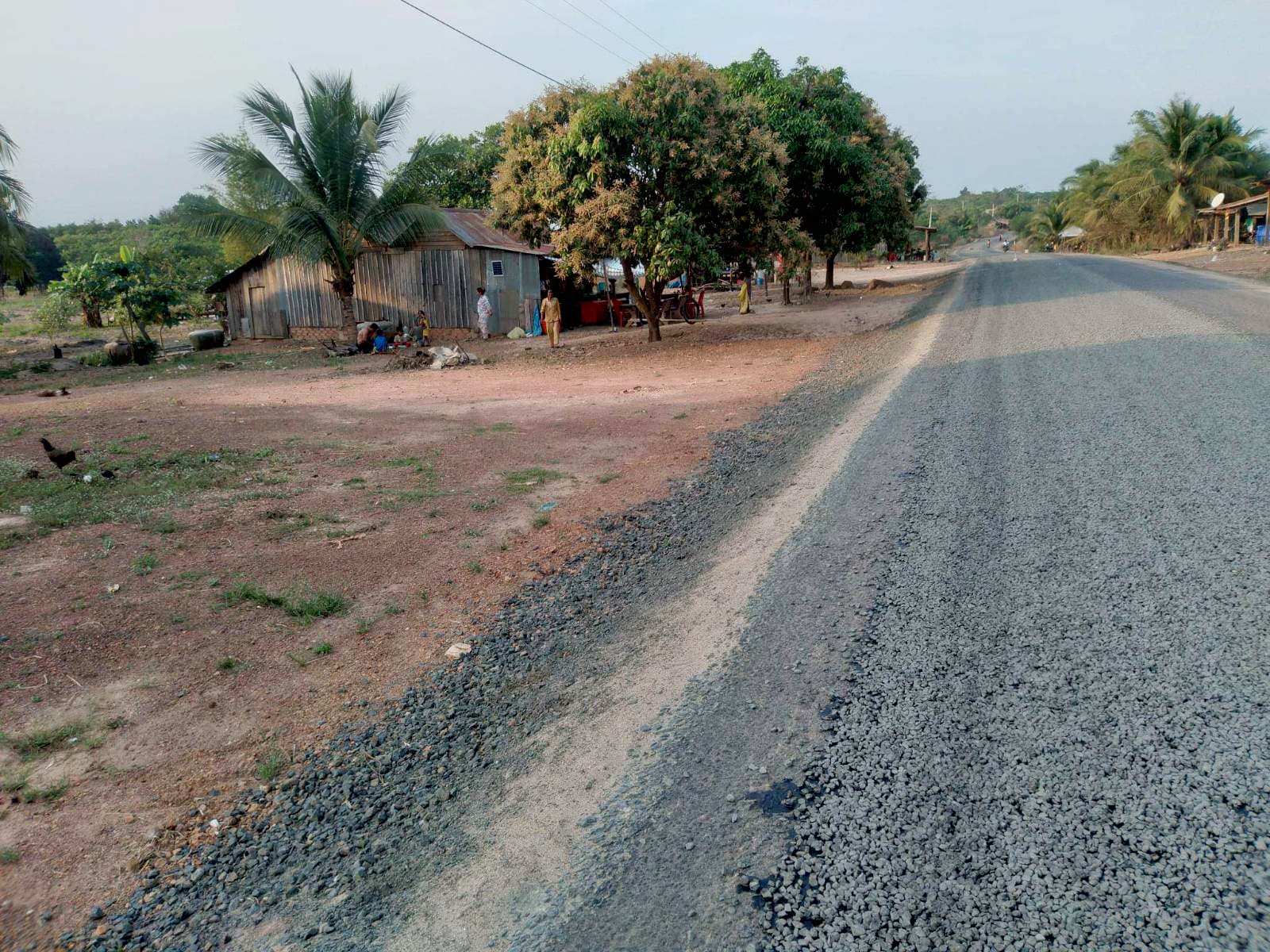
"Community leaders like Sophat are the role model and backbone of the land rights struggle who will bring positive change and be the change agent among communities. We at Diakonia in Cambodia are committed to supporting them in demanding respect of their rights and achieve a just resolution through strategic partnerships with CCFC and LICADHO,” said Kall Kann, Diakonia’s Cambodia Country Director.
After several rounds of negotiations with authorities, the people of Pramar village were offered a relocation site, but it was more than 100 kilometres away from their current home. The community rejected this plan and is continuing to assert their rights.
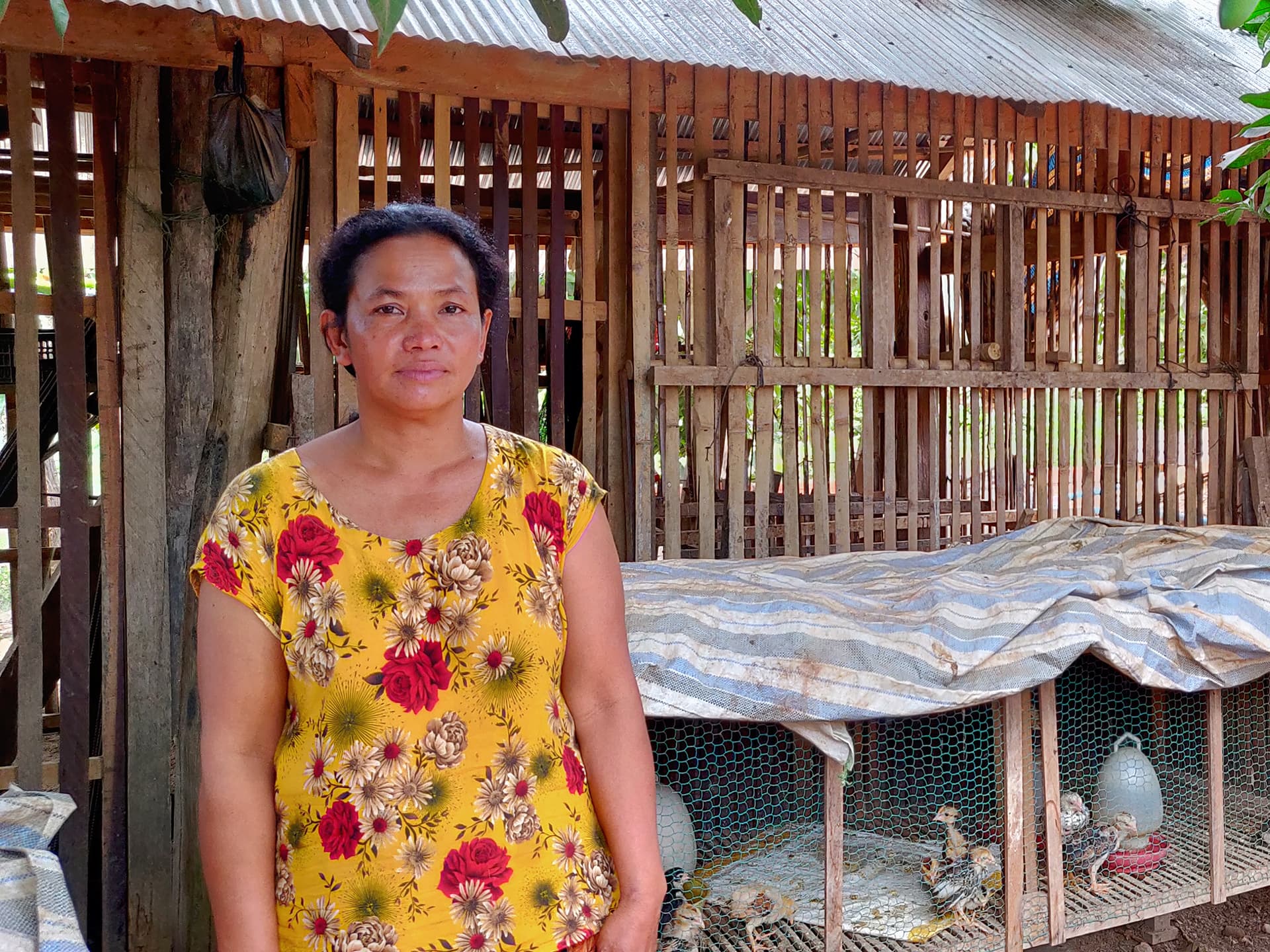
Sophat stated, "Through our collective efforts, my community, especially those who have lost their farmland, will get compensation from the authority. I will continue to help my community based on my ability and skills."
Ensuring that all communities have access to secure land rights and fair compensation not only addresses immediate issues but also supports the long-term goal of creating a more just society for all Cambodians.
About Coalition of Cambodian Farmer Community (CCFC)
Coalition of Cambodian Farmer Community (CCFC) is a membership-based organization created on by 12 communities who work together to address land issues; natural resource and forced eviction resulting from development projects effecting on farmers’ lives. Currently, CCFC is working with 74 communities in affected areas spanning 14 targeted provinces. The organization works directly with farmers through mobilizing, organizing and building the capacity of farmers to advocate for their land rights. CCFC has been working with Diakonia since late 2012.
About Cambodian League for the Promotion and Defense of Human Rights (LICADHO)
Cambodian League for the Promotion and Defense of Human Rights (LICADHO) is a national Cambodian human rights organization. Since its establishment in 1992, LICADHO has been at the forefront of efforts to protect civil, political, economic and social rights in Cambodia and to promote respect for them by the Cambodian government and institutions. LICADHO has been Diakonia’s strategic partner since 1997.
